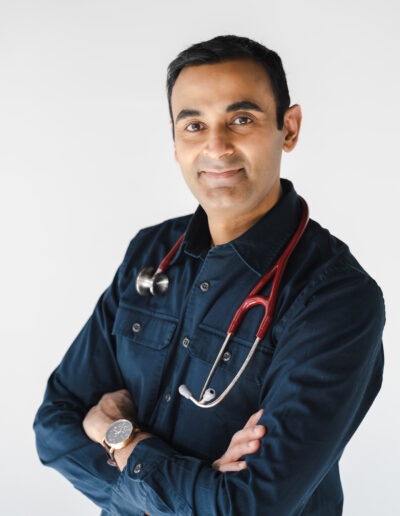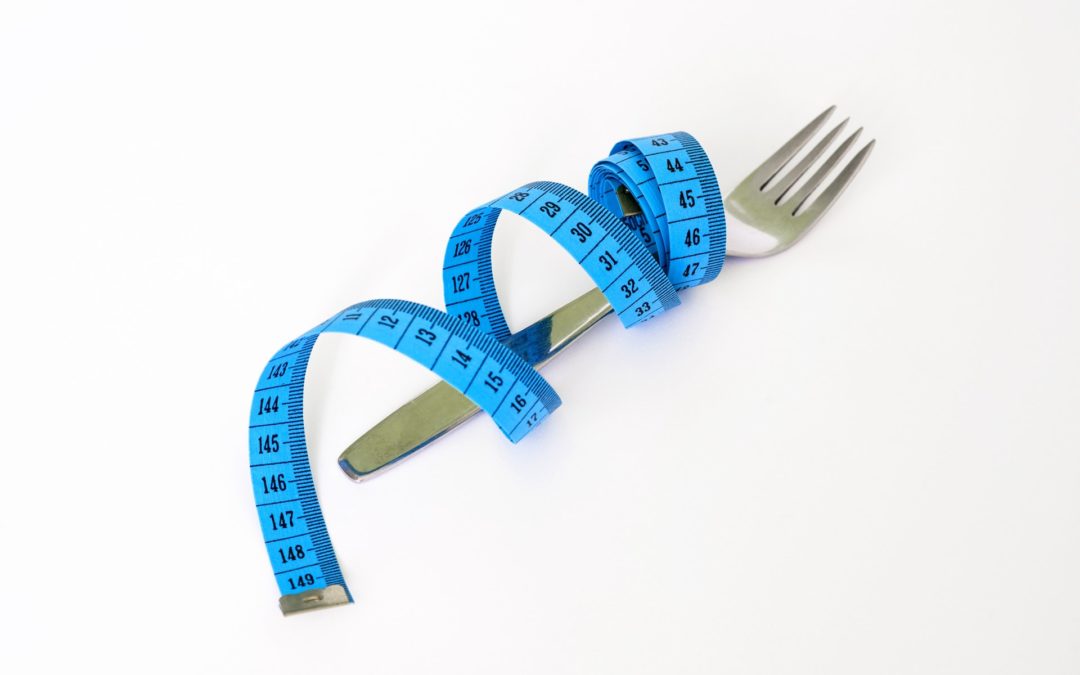I spend a lot of time talking to both inpatients and outpatients about weight loss. A shocking 70 percent of the US population is overweight or obese (defined as a BMI above 25), so it’s certainly a conversation most doctors should be having. The soaring rates of this problem have enormous consequences for the nation’s healthcare. It’s not just a case of being big, but the health problems that go with it— from diabetes to heart disease, that are exerting a heavy toll (no pun intended). Billions, even trillions, are being spent, and there’s no sign of this trend slowing down. It’s a problem across the western world, and this recent article disappointingly showed that in the world’s most populous country, China, obesity rates have tripled in 10 years.
So here we are at a point where we know there’s a massive health problem staring us in the face. How do we go about seriously addressing it? I don’t pretend to know all the answers, but I do know this: a dangerous school of thought is taking hold, even being propagated by some of the nation’s premier healthcare institutions and physicians. I’m going to use this example here, published in the major medical online publication WebMD. And that’s the fallacy that innate biology is driving the soaring rates of obesity and making weight loss difficult, failing to place blame where it’s due. The desire to keep researching expensive medical and surgical “cures” for being overweight. A quote directly from a major thought-leader in the article: “A true cure for obesity is going to require medications or therapies that help readjust the body’s self-regulation of fat. Once you recognize this is biology, then you need a biological and medical solution.”
The simple truth of the matter is that soaring rates of obesity are because the majority of people consistently run at a calorie surplus—regularly taking in more than they expend. It’s a straightforward equation: take in more calories than you burn off, you gain body mass or stay overweight. Take in fewer calories than you burn off, and you will always lose weight. Our biologies and physiology haven’t suddenly changed in the last 100 years when most of us were slim! Put in plain terms: we eat way too much junk food and remain too sedentary at the same time. Of course there are some people for whom weight gain is for medical reasons, but these people are the absolute minority. Other people may naturally run at a slightly lower metabolism. Some are naturally genetically skinny because their parents are, and others seem able to eat whatever they like and never put on weight. But that’s life. Certain people will always be luckier with more natural gifts than others. The rest of us just have to work harder.
We live in a society today where we are always looking for easy answers and quick solutions. Is there a small pill we can take? Is there a surgery that can correct things? Is there something or someone we can blame? At the same time, we are afraid of telling people the truth and what they need to hear for fear of offending them—when in reality, nothing would be better for them than diplomatically hearing what they need to.
When I sit down with patients, I initially “put everything on them” (see this blog piece I wrote about using this communication technique), by asking them what they think their ideal weight is and what their weaknesses are. Over 90 percent of the time, they already know. Doctors repeatedly make the mistake of underestimating their patients’ self awareness and intelligence. I then confirm that I’m going to be completely honest about their weight and lifestyle habits. I’ve never had anyone stop me in my tracks or ask me to be anything but. If all their numbers are showing they are in the red, and flagged for diabetes and heart disease, or at risk of showing up in the ER with some catastrophe, I tell them using concerned and empathetic medical communication—before helping them with more detailed nutrition and exercise plans. They are typically grateful for the honesty, and I’m pleased to say I’ve seen some real success stories with weight loss. Nothing could be a better feeling for a doctor, to be able to see improvements in their patients’ weight, cholesterol and blood pressure—and taper back or even stop medications.
One thing I make abundantly clear though, is that it’s going to be hard work. It’s really easy to sit in an office and talk about things. Any physician or patient can make plans and discuss detailed analyses of where things are going wrong. However, losing weight and getting in shape is tough. It’s bloody hard. It may even be the hardest thing you’ve ever done. Like a lot of things in life worth achieving, it requires daily discipline and constant work. Similar to wanting to score highly on a test or accomplishing another major life goal, there’s no way around your own toil, sweat and determination—and that’s as it should be. But the rewards are immense if you can do it. The first point is to accept it’s not biology, anyone else’s fault, or something somebody can spoon feed you. It’s all on you. And yes, if weight loss is your goal: you can do it.

Suneel Dhand is a physician, writer and speaker. He is Co-Founder at DocsDox.
Follow me on:
YouTube: Suneel Dhand
Instagram: suneeldhand
Twitter: @SuneelDhand
Facebook: Dr Suneel Dhand


I agree with you Suneel. Obesity is a lifestyle issue and needs to dealt by making adjustments and disciplined approach to personal lifestyle.
Quite often people are aware of the causes behind the issues, they only need to be motivated and guided in the right direction.
Thanks Shahid– absolutely, motivation is key and the very first step. Appreciate you reading. Suneel